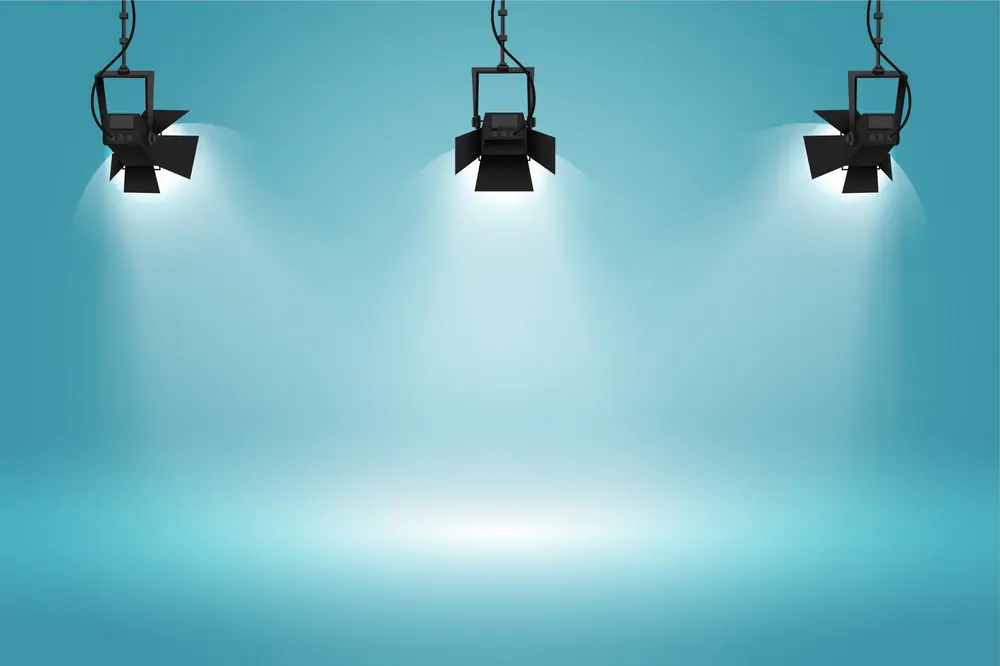Table of Contents
- Introduction
- The Role of Projectors in Education
- Enhancing Digital and Visual Learning
- Facilitating Collaborative and Immersive Learning
- Key Benefits of Projectors in Education
- Boosting Student Engagement
- Supporting Teachers with Modern Tools
- Transforming Classrooms into Smart Learning Spaces
- Features of Tech-Integrated Classrooms
- The Future of Education with Projectors
- Practical Uses of Projectors in Education
- Multimedia Learning Experiences
- Interactive and Presentation Tools
- Conclusion
Introduction
In today’s rapidly evolving educational landscape, technology plays a pivotal role in shaping how students learn and interact with information. Among various advancements, projectors in education have emerged as essential tools to create interactive learning environments. They bridge the gap between traditional teaching methods and modern digital learning, enabling teachers to make lessons more engaging and impactful.
The Role of Projectors in Education
Enhancing Digital and Visual Learning
Projectors support digital learning by making complex concepts easier to understand through visual aids. Diagrams, videos, and interactive graphics displayed on a large screen can transform traditional lectures into immersive learning sessions, catering to students who thrive on visual learning methods.
Facilitating Collaborative and Immersive Learning
Projectors encourage collaborative learning by enabling group discussions and interactive activities. Immersive learning environments, where students actively participate in simulations or virtual explorations, are made possible with projector technology, fostering deeper understanding and retention.
Key Benefits of Projectors in Education
Boosting Student Engagement
One of the significant projector benefits is their ability to capture and retain student attention. Interactive learning activities facilitated by projectors make lessons more dynamic and enjoyable, ultimately increasing student engagement.
Supporting Teachers with Modern Tools
Projectors serve as powerful teacher tools, enabling educators to deliver lessons more effectively. Features such as zoom, annotations, and multimedia integration provide versatility and help create impactful presentations.

Transforming Classrooms into Smart Learning Spaces
Features of Tech-Integrated Classrooms
Smart classrooms equipped with projectors and other educational technology redefine the teaching and learning experience. Projectors enable seamless integration of software applications, internet resources, and multimedia content, creating tech-integrated classrooms that prepare students for the future.
The Future of Education with Projectors
As the future of education evolves, projectors are set to play an even greater role. Advancements in interactive and 3D projection technologies promise to enhance the immersive learning experience, making education more accessible and engaging.
Practical Uses of Projectors in Education
Multimedia Learning Experiences
Projectors are versatile tools that support multimedia learning. Teachers can incorporate videos, slideshows, and live demonstrations into their lessons, making content more relatable and easier to grasp.
Interactive and Presentation Tools
From displaying real-time data to facilitating student presentations, projectors are invaluable presentation tools in education. They encourage participation and creativity, transforming passive classrooms into active learning spaces.
Conclusion
Projectors in education are revolutionizing the way knowledge is delivered and absorbed. By fostering interactive, visual, and collaborative learning environments, they empower teachers and students alike. As educational technology continues to advance, projectors will remain integral to creating smart classrooms that inspire the next generation of learners.
For more information on projectors and how they can enhance your educational institution, visit Screen Technics.




